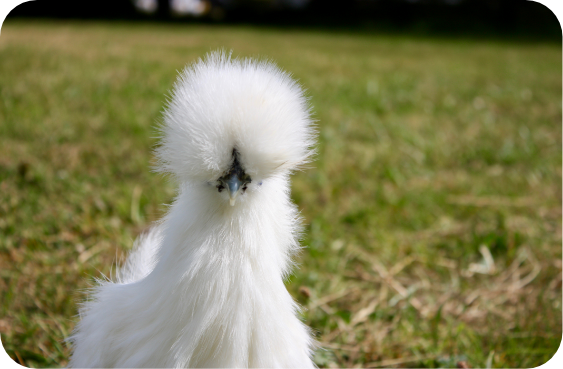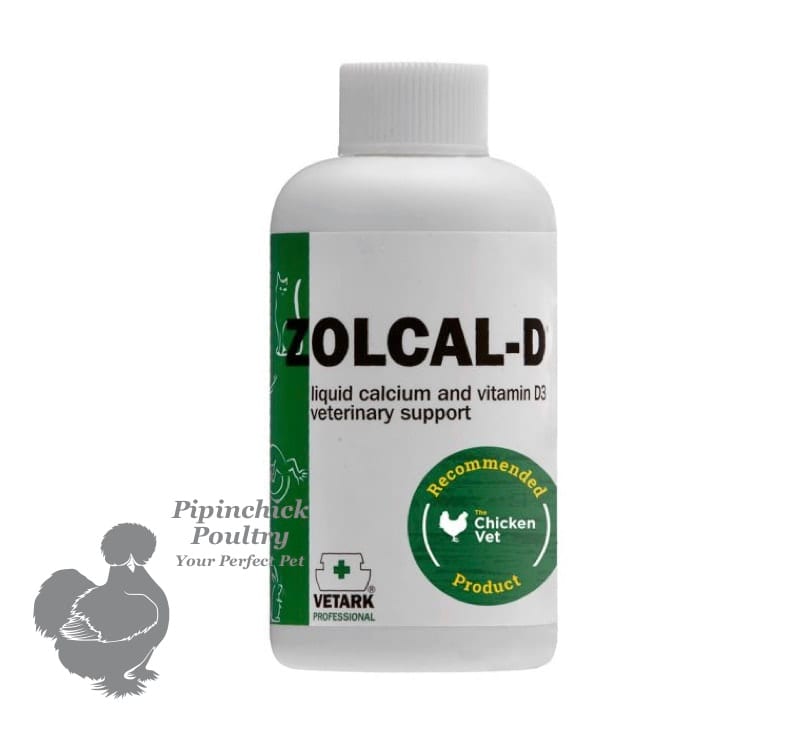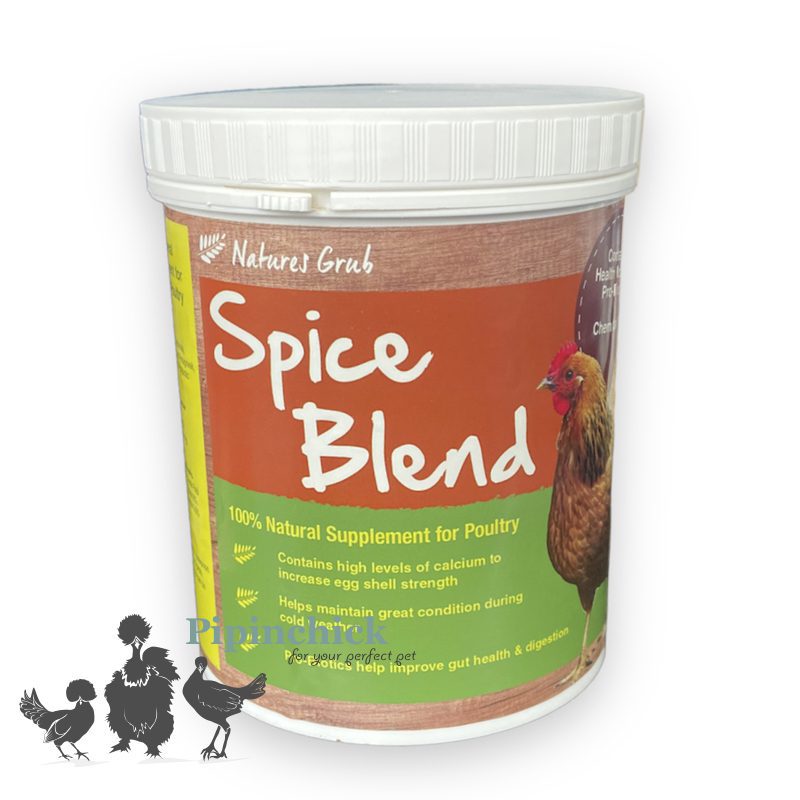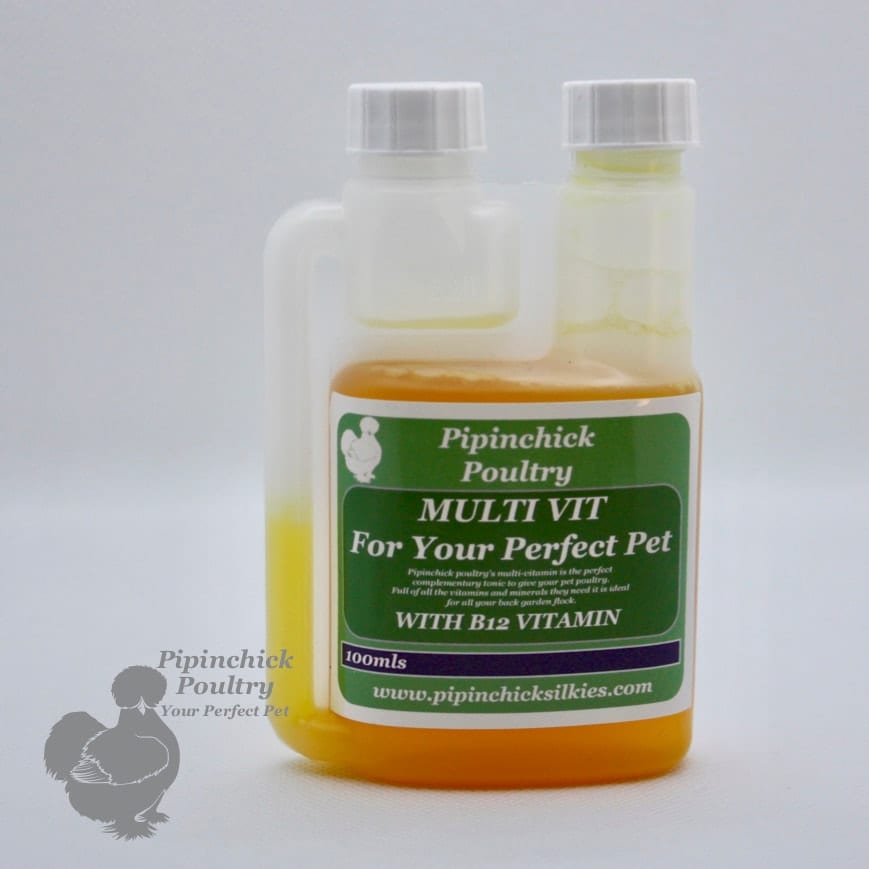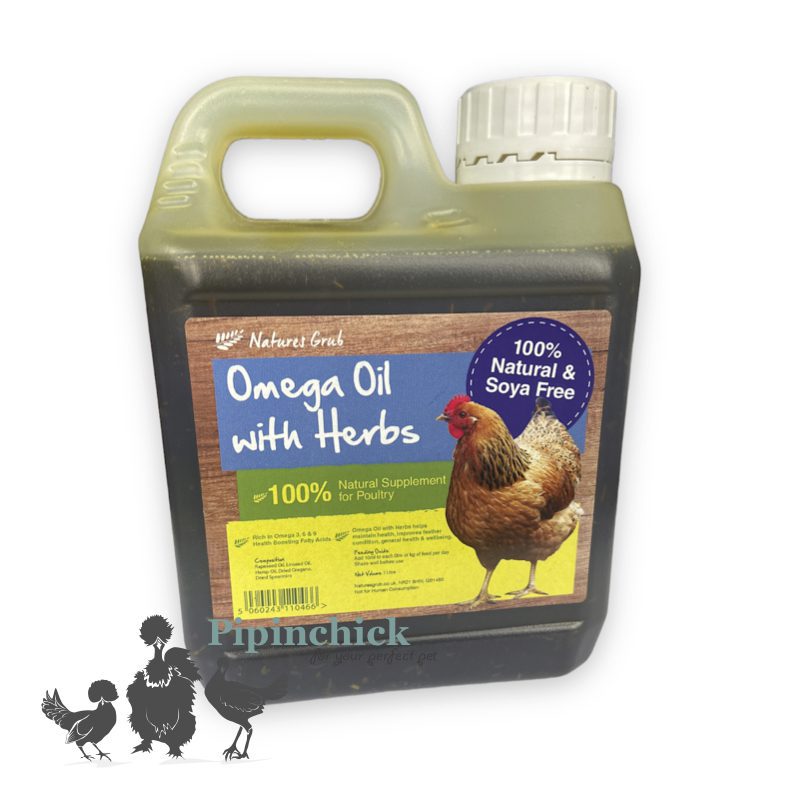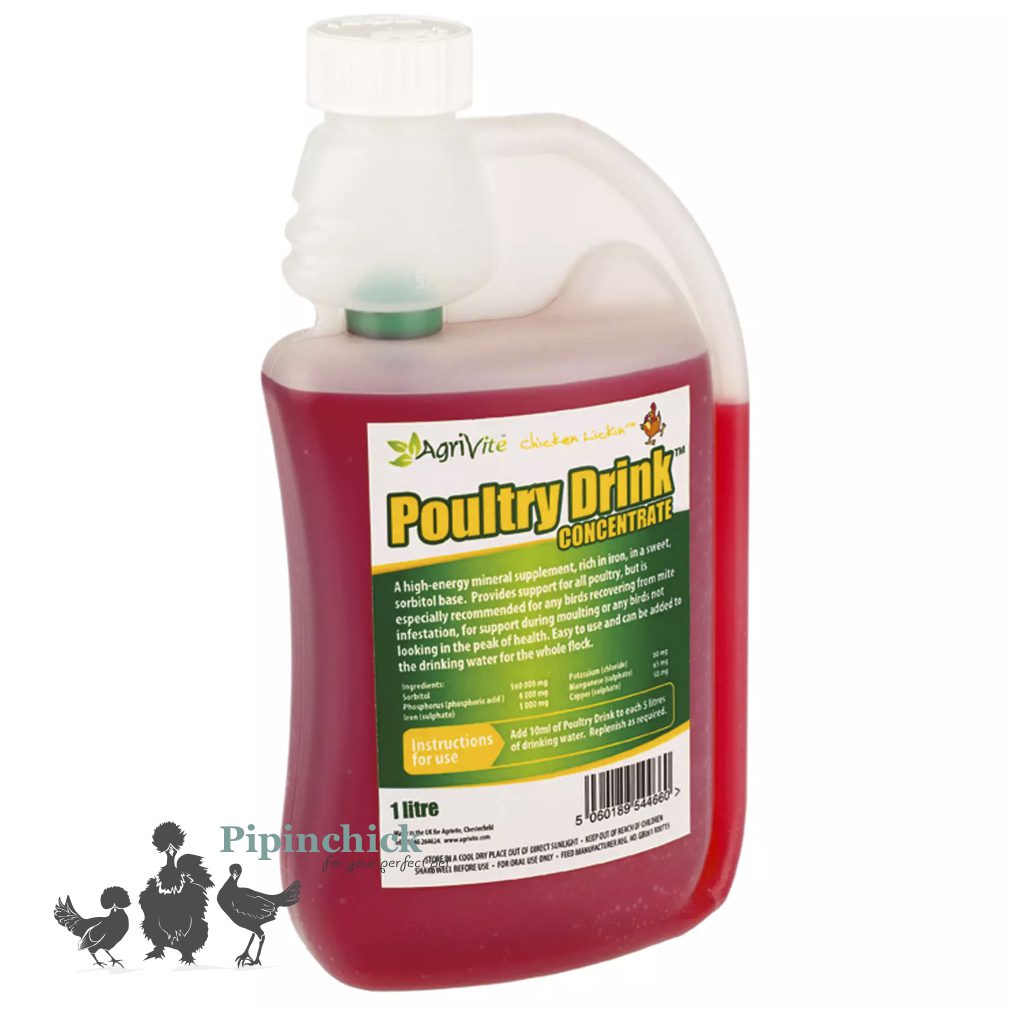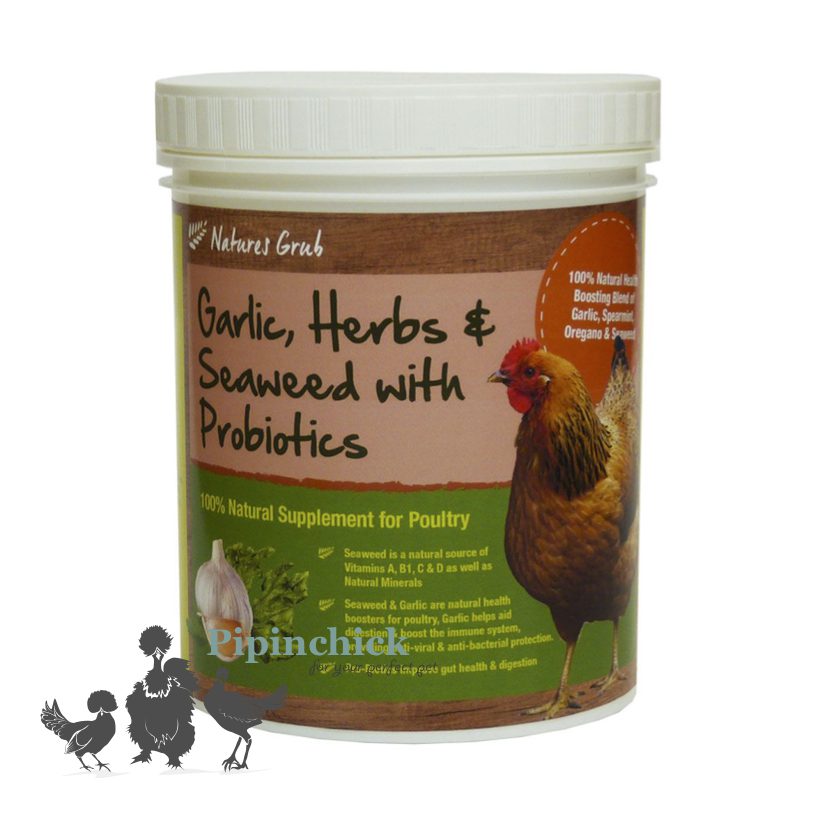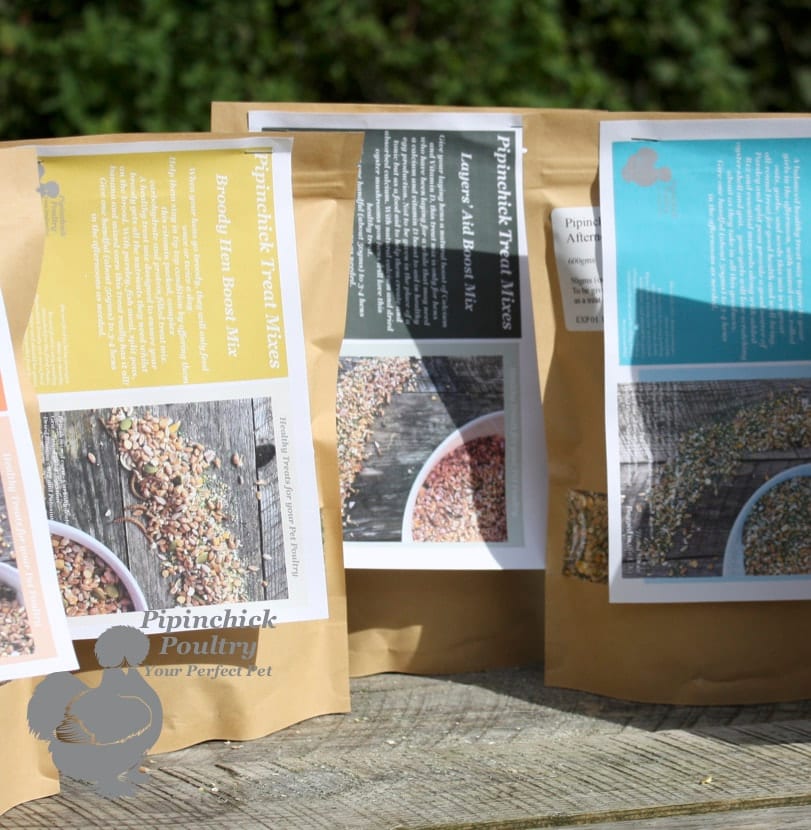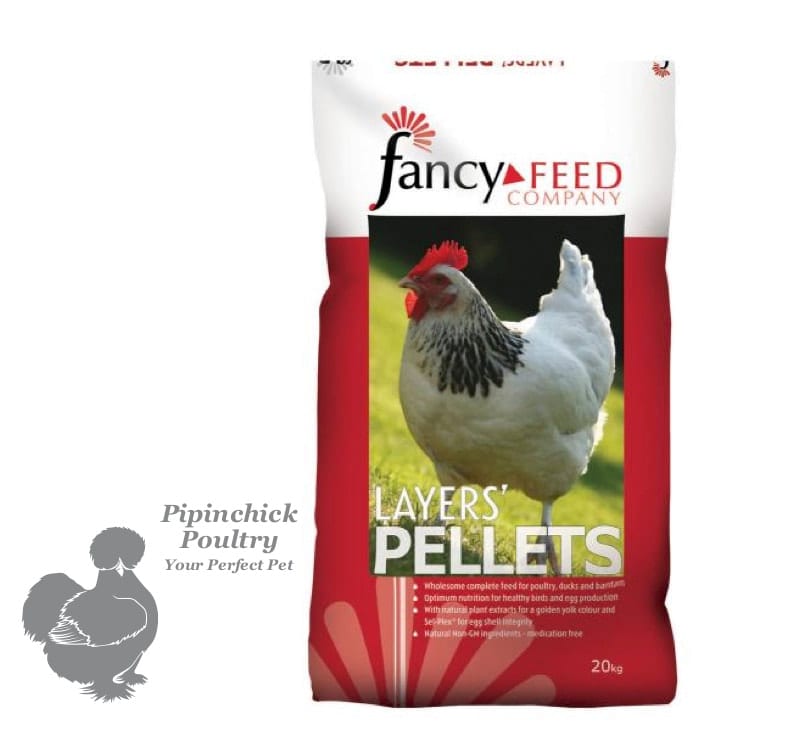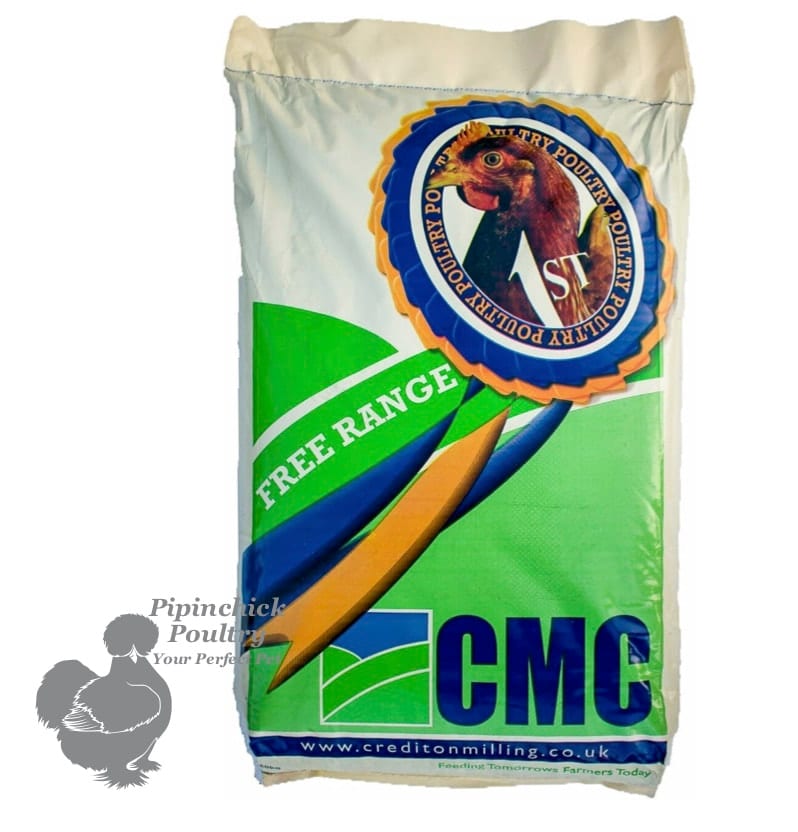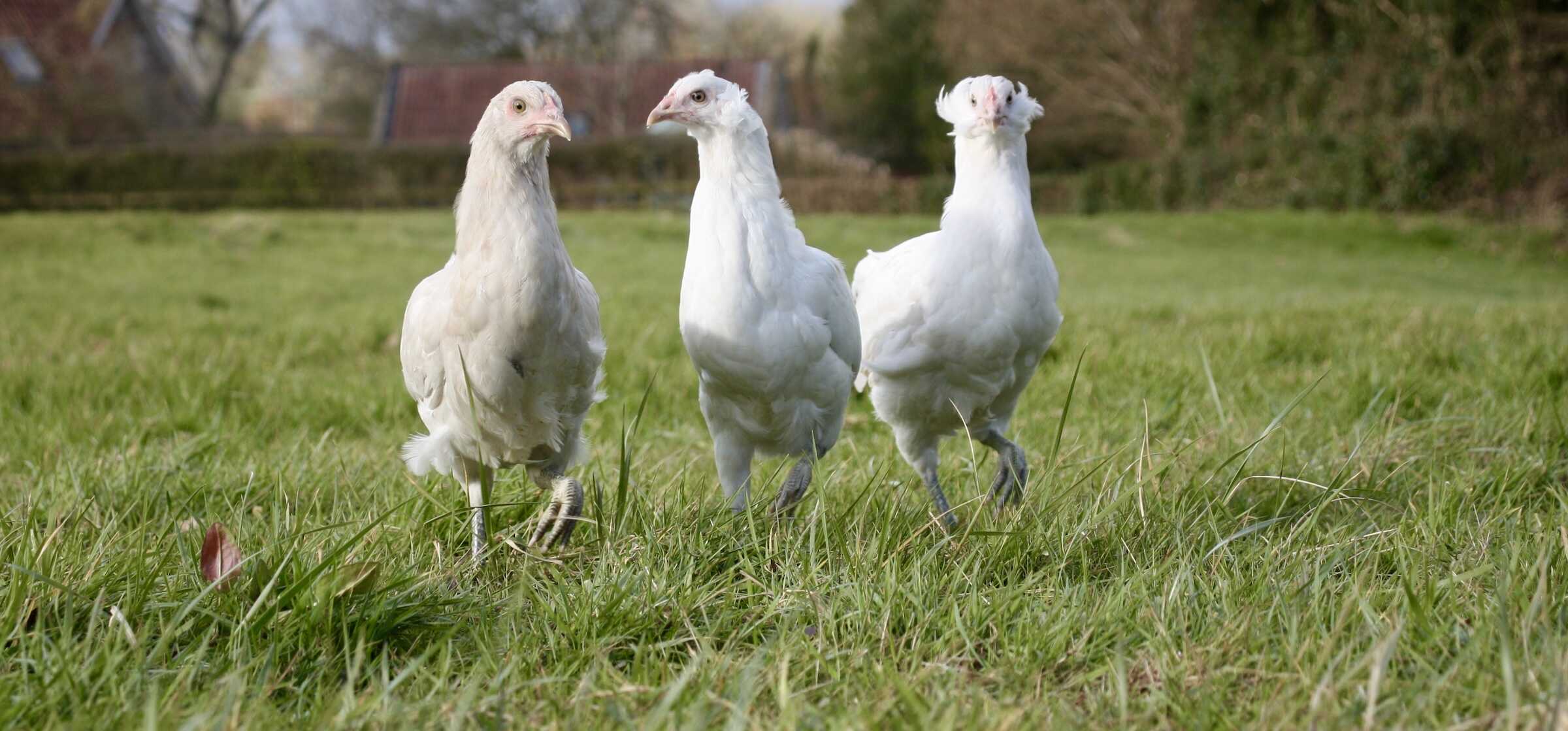



Calcium and Vitamin D Deficiency
What is a Calcium Deficiency in chickens?
Calcium and Vitamin D are very important for laying chickens, once a hen gets to laying age they will most likely need a calcium boost from time to time in their diet. Vitamin D works in unison with calcium as without enough Vitamin D your hen cannot absorb enough calcium. Calcium is used by the hen to produce the shell for her eggs. If she does not have enough Calcium in her diet she can begin laying mal-formed eggs, soft eggs, and her eggs can even get stuck causing her to become ‘egg bound’. If a hen does not have enough calcium, she will draw on her internal resources and this can cause her to have weak and brittle bones which can ultimately cause death.
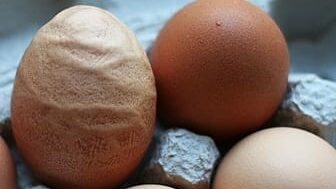
What are the main symptoms of a Vitamin D and Calcium Deficiency in Chickens?
- Broken eggs, your hen may result to breaking her own eggs to eat the shell to provide her with additional calcium. If she is breaking her eggs but leaving the shell and eating the inside this can mean she also has a protein deficiency, it can also mean she is just bored or anxious.
- Swollen or enflamed joints, stiffness or problems walking. Serious cases may present these symptoms as the hen is drawing calcium from her own bones to create the eggshells.
- Soft or thin shelled eggs or eggs that are not formed correctly with wavy lines, odd shapes and unusual shell textures.
- Severe feather plucking, sometimes your hen may pluck hers or her flock mate’s feathers in search of a calcium source.
How Does a Hen become Deficient In Calcium?
Hens can become deficient due to many reasons such as:
- Poor nutrition, not feeding the correct feed can cause deficiencies, hens of laying age should have a good quality Layers’ pellet feed make up 90% of their diet.
- Lack of daylight, hens that are kept indoors will often have issues laying due to the lack of day light and vitamin D, not enough vitamin D means your hen cannot absorb calcium correctly.
- Genetics, sometimes a hen may just be naturally deficient in calcium and need extra calcium in her diet constantly.
How to prevent and treat your hen for a Calcium Deficiency.
Preventing a calcium deficiency can be as easy as ensuring your hen is on the correct feed, laying hens should have Layers Pellet feed as 90% of their diet, you can also offer supplements during times when they may need an extra boost for e.g. when they first come into lay and during the winter months.
The best way to treat your hen for a Vit D3 and Calcium deficiency is to firstly up her Vitamin D intake we recommend giving Agrivite Feather Shell and Bone as a regular tonic supplement, and for severe cases we recommend Zolcal-D which is a liquid calcium and vitamin D veterinary support, this will give an instant boost.
You should also ensure going forward there are calcium sources available alongside her normal pellet feed. You can do this by giving one of our Forager Layer’s Aid treat mixes. These have been created with added Vit D and Calcium to give your hens a good boost from time to time. You can also mix in fine oyster shell to their treats and even into their pellet feed, we recommend scattering this as part of a treat as if given in a side dish the hen will usually ear round it, but included in a scatter feed treat they will forage and eat up the shell as well as the treat.
Hens will gather natural sources of calcium when foraging, so ensuring your hens have lots of foraging areas enriched with shell and grit if they are kept in a run is important, you can create these yourself by allocating an area within their run that you would use to create a forge pit, the best way is allowing them to have lots of free time out and about when you are around to supervise if you are in an area with predators, you can use electric fencing to create open larger area for predator safe foraging.
If you hen has become egg bound then you will need to seek veterinary support.
If you think your hen is egg bound check for the below symptoms:
- Messy back-end, she will have a mucky bottom, with perhaps discharge and runny poo.
- Solid mass around her undercarriage, you should be able to feel a stuck egg as a solid lump at her undercarriage area.
- Smelly, sometimes if the stuck egg can cause and internal infection you might be notice a rotten and acrid smell form her back end.
In severe cases you may need antibiotics and even surgery to remove the stuck egg. You can try natural remedies with anti-inflammatories and Epsom salt baths but it is advisable to seek veterinary help if she has become egg bound.
Prevention and spotting early signs of a Calcium/Vit D deficiency should stop this from happening, however, sometimes eggs can also become stuck due to a mal-functioning reproductive system.
Face to Face Consultation.
If you are still unsure about the health of your chickens and would like a professional opinion, we now offer live face to face consultations via Zoom, WhatsApp or Facetime, this allows us to have a face-to-face call with you and your chickens. You can show us what’s wrong and we can then offer real-time advice and care tips.
